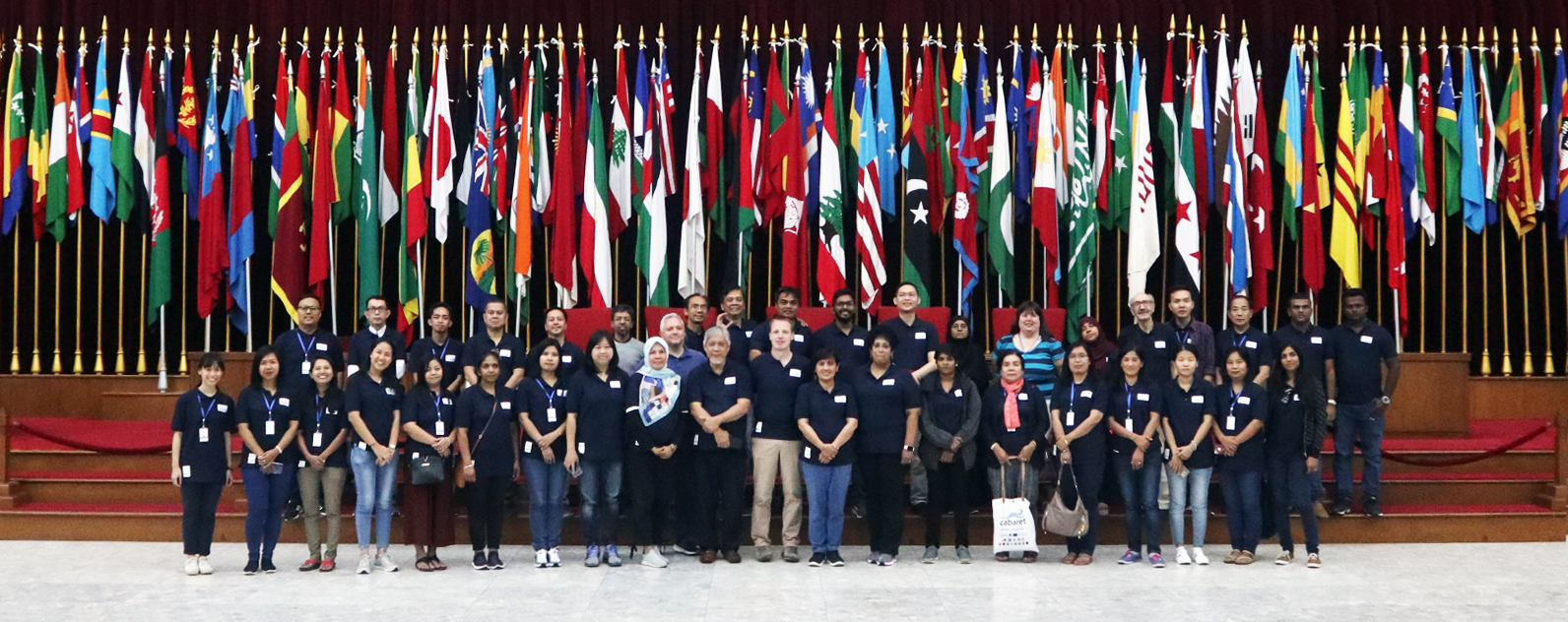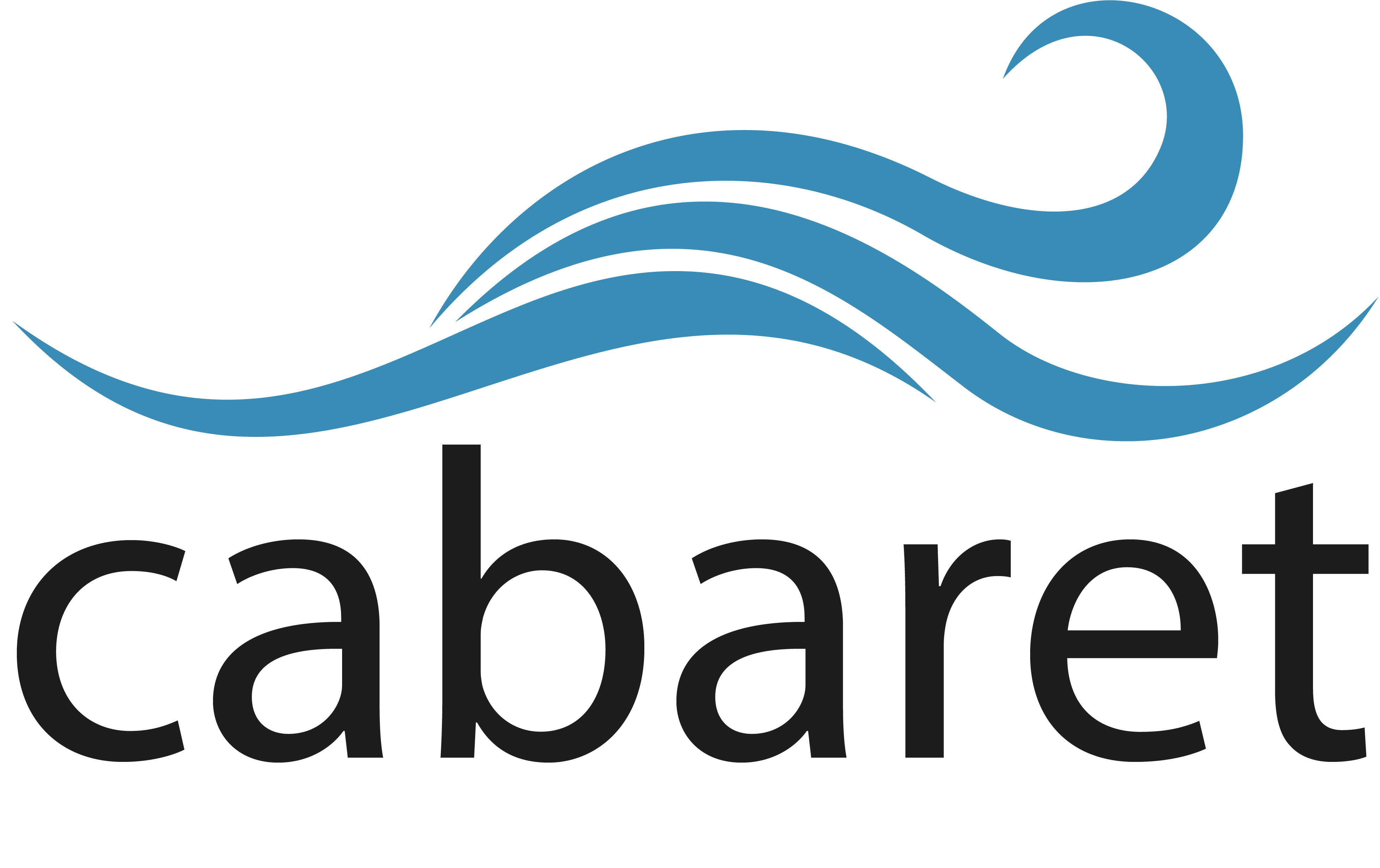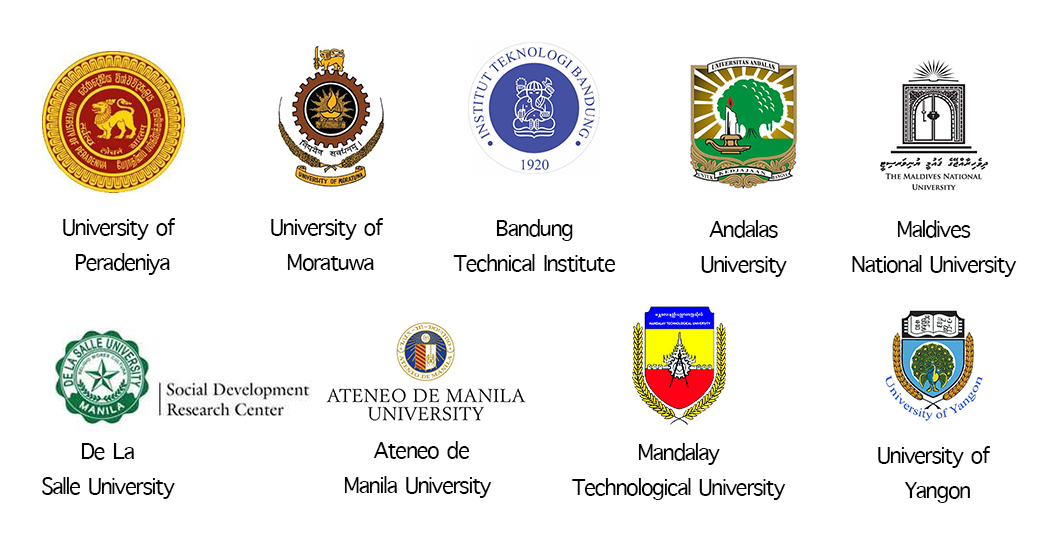
A recent project, funded by the European Union, set out to strengthen research and innovation capacity for the development of societal resilience to disasters. The project, called CABARET (Capacity Building in Asia for Resilience EducaTion), has been providing support to build capacity for international and regional cooperation between Higher Education Institutes (HEIs) in Asia (region 6) and Europe, and among Asian HEIs themselves, to improve multi-hazard early warning (MHEW) and increase disaster resilience among coastal communities.
CABARET has been co-funded by an EU Erasmus+ programme grant, and initially ran for three years. The project has been led by the University of Huddersfield’s Global Disaster Resilience Centre, based in the UK. They have been joined by a consortium of 15 European and Asian higher education institutions from Bulgaria, Indonesia, Latvia, Maldives, Malta, Myanmar, Philippines, Spain, Sri Lanka and the UK. Further, the project team has been working with 3 associate partners: Asian Disaster Preparedness Centre (ADPC), IOC/UNESCO and the Federation of the Local Governments Association in Sri Lanka.
Over the last three years, the CABARET consortium has been identifying research and innovative capacity needs across Asian higher education institutions in Indonesia, Maldives, Myanmar, Philippine and Sri Lanka, and contributed to building capacity that can broaden early warning to provide a comprehensive, multi-hazard framework. This website contains further information about the project’s activities and outcomes.





